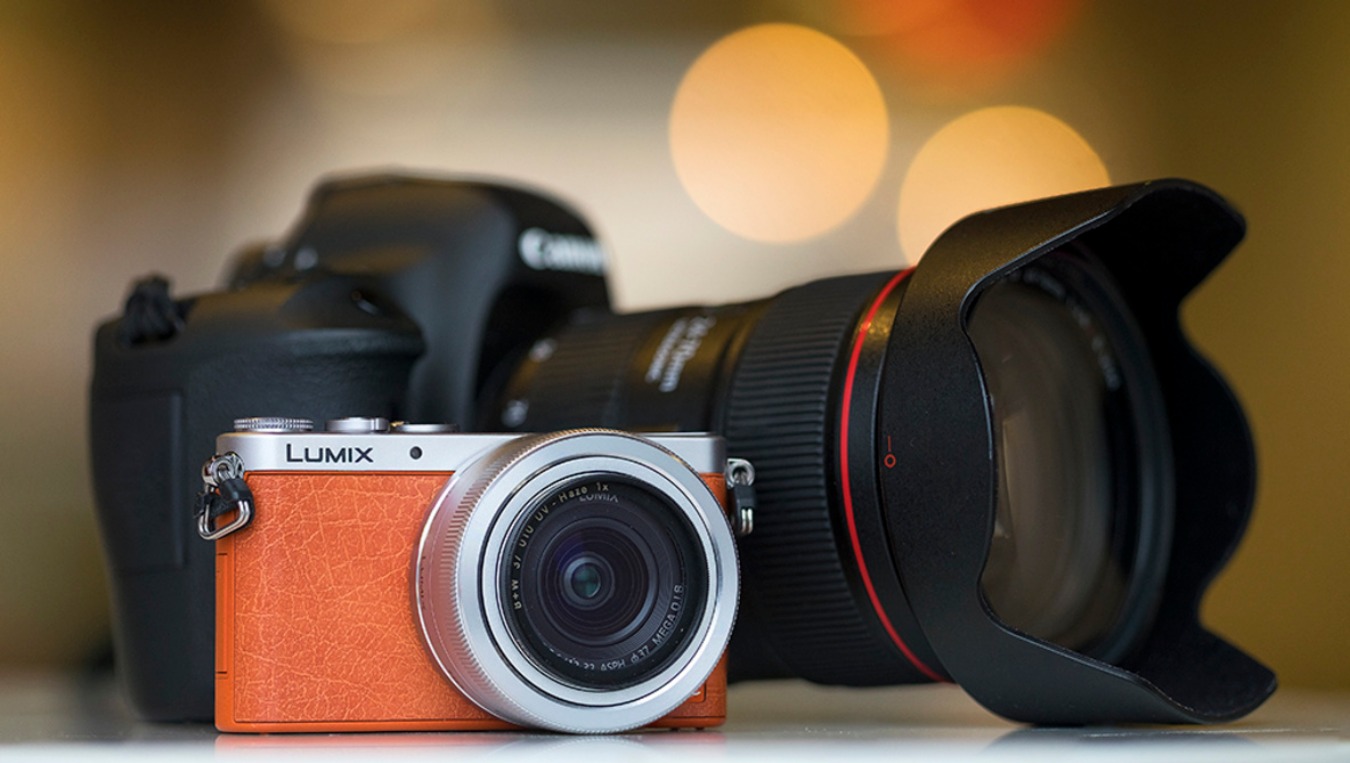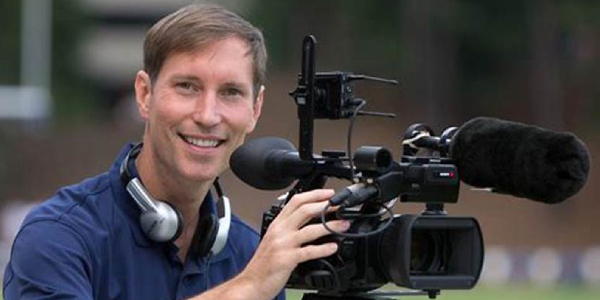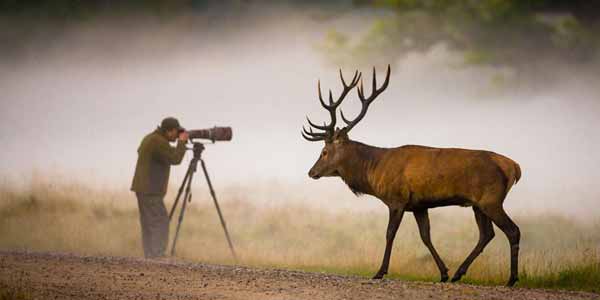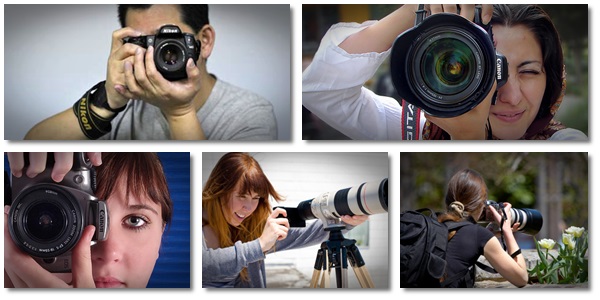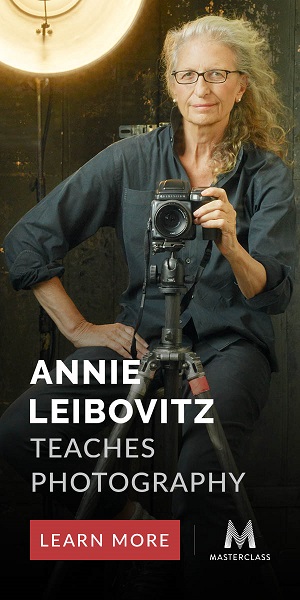Regardless of how enthusiastic you are about this rewarding career and thriving industry, every aspirant should be aware that it is a highly competitive field. A typical workday is determined by the type of photography in which the photographer specialises. Some people start out as freelancers, while others work for studios, media companies, magazines, newspapers, advertising agencies, and publishing houses, just to name a few.
Regardless of the job type, photography is a physically demanding field that frequently necessitates long hours of work – whether indoors or outdoors. Clients’ employers have specific requirements, which can make the job more stressful.
Individuals’ salaries or earnings in the field of photography are determined by their level of experience and portfolio. There is no profession that guarantees a high standard of living or benefits.
Photographers’ Capabilities and Skills
Photographers must have certain personal characteristics and abilities in addition to technical proficiency.
Photographers are artists who must use their imagination to tell stories through images in novel ways. They must have an uncanny sense of colour, light, and composition.
Interpersonal skills: You must be able to understand the needs of your subjects, read their body language, and coordinate your actions with theirs, whether they are subjects, clients, or coworkers.
Communication abilities: If you have good listening and speaking skills, you will be able to understand what others are saying and explain things to them.
Customer service is critical to the success of freelance photographers in particular.
Self-marketing skills: Self-marketing skills are essential for those who work on their own. They must manage their finances and keep track of their profits and losses. They must also be aware of the legal implications, such as obtaining a signed model release form prior to photographing people for commercial purposes.You cannot afford to overlook any details if you want to consistently produce high-quality images.
Prospects for Future Growth and Strategies for Accelerating Progress
Techfetch RPO’s, the best rpo consultant (https://rpo.techfetch.com/) spokesperson Ms.Mariana Joseph quotes that
“Given the high level of competition in the field, it can take years for photographers to make a name for themselves. Specialising in a specific style of photography or excelling at a job, on the other hand, can help an individual stand out from the crowd and quickly establish a name for themselves”.
Which path is the most efficient for me to take?
A technical education is required to pursue a career in photography. You must pass the state or national 10+2 examination to enrol in these courses. These courses are open to graduates, postgraduates, and diploma holders. Enrolling in the appropriate photography course is the first step toward turning your passion for photography into a career.
Before proceeding, it is essential to have a firm understanding of how a camera works. After enrolling in a photography course at one of the country’s top universities, the candidate must complete an internship. Photography, like many other professions such as surgery, aviation, and cooking, requires on-the-job training. An internship allows you to put your camera skills to use while also learning from your surroundings and industry experts. Anyone who wishes to pursue a career in photography must first complete an internship. Internship work helps to build a portfolio for future clients, which can be uploaded to a blog or website.
Workplace Conditions
This job may not be for you if you prefer to work from the same location every day or stay close to home. Photographers frequently travel to exotic locations and are on the road for extended periods of time.
Portrait and commercial photographers work mostly in studios, but they must also shoot on location. Photojournalists travel on a national and international scale. They are sometimes forced to enter potentially dangerous situations in order to document newsworthy events.
Operating hours
This industry is distinguished by a high level of job inconsistency. In 2016, approximately 30% of photographers worked part-time. Certain jobs, such as those specialising in wedding or graduation photography, are seasonal, and the hours are flexible. Evenings, weekends, and holidays might be required.
Photographer Responsibilities and Duties
Photographers’ responsibilities vary depending on the medium in which they work, but some common responsibilities include the following:
It is possible to capture and edit visual content for a variety of platforms. Create photography in a variety of formats, including printed and digital media. Complete the product and make it available to internal and external customers, the media, graphic designers, and corporate communications.Following the shoot, retouching and image adjustments should be performed. Clients and the general public should be kept informed.Supplies can be purchased or requisitioned. Continue Reading
